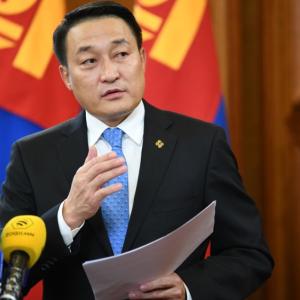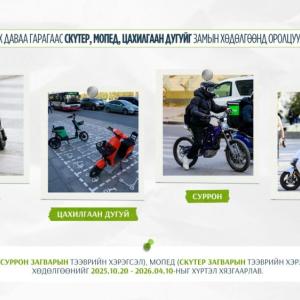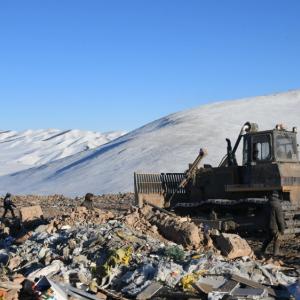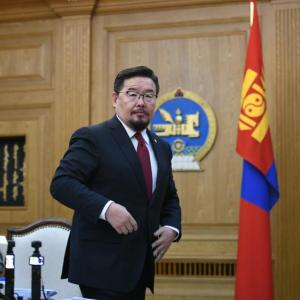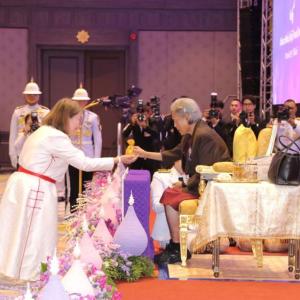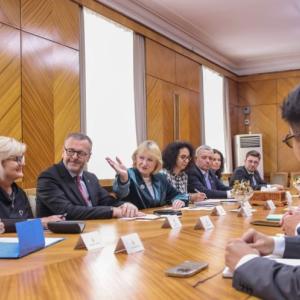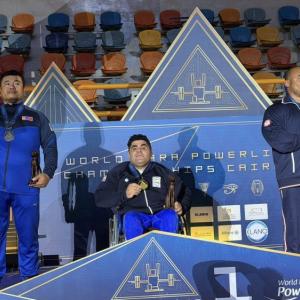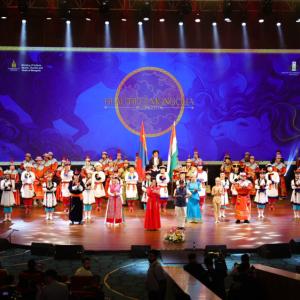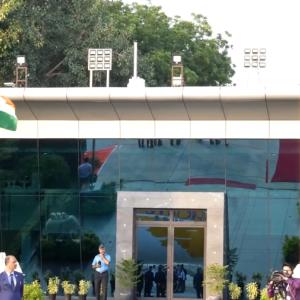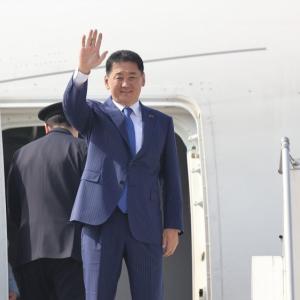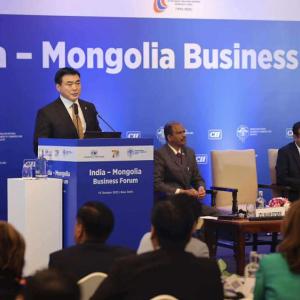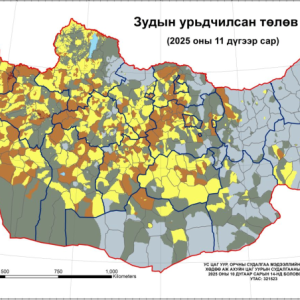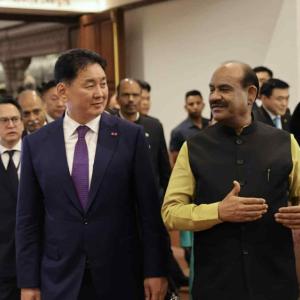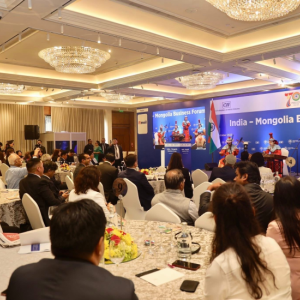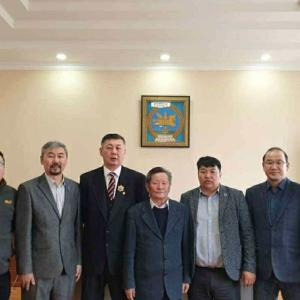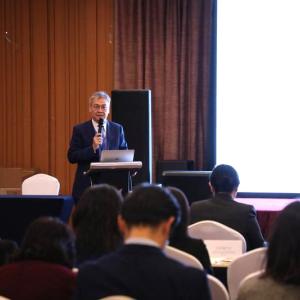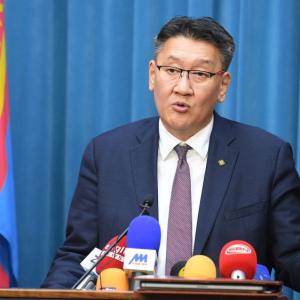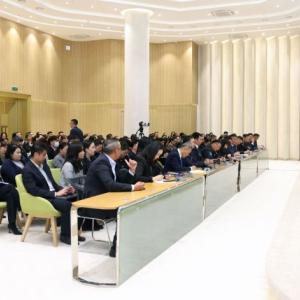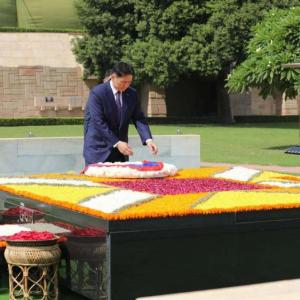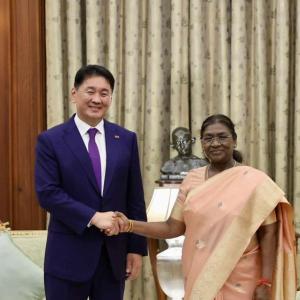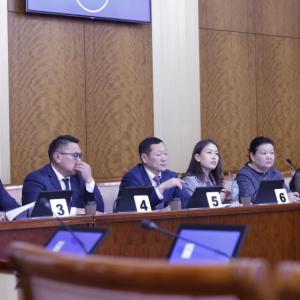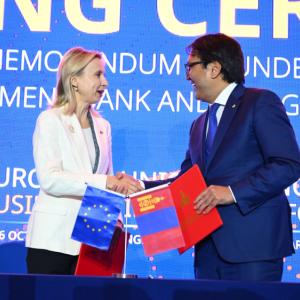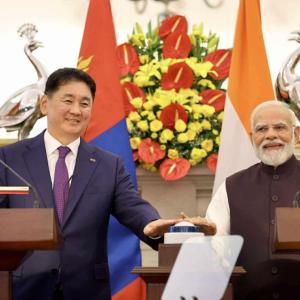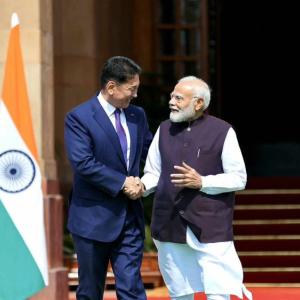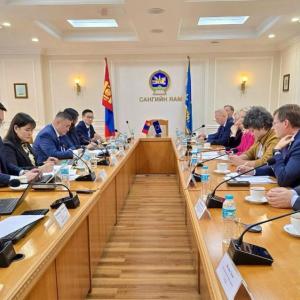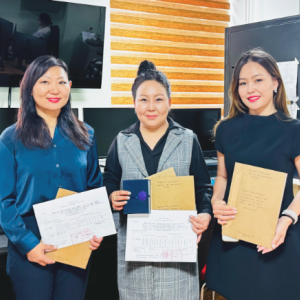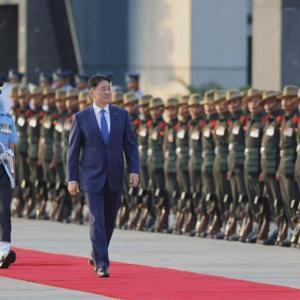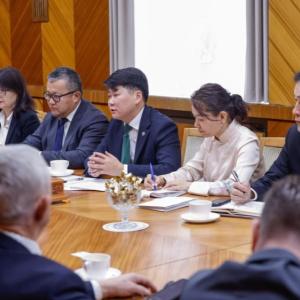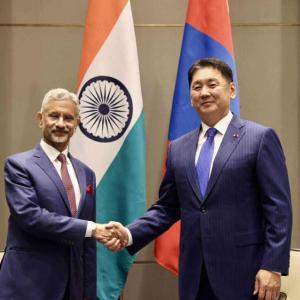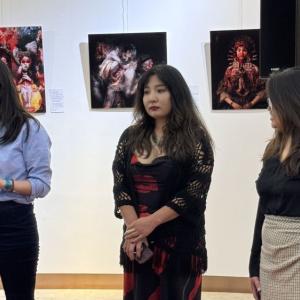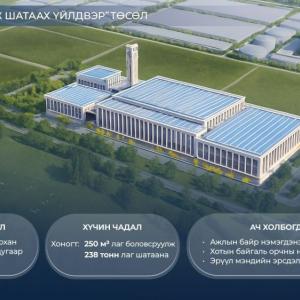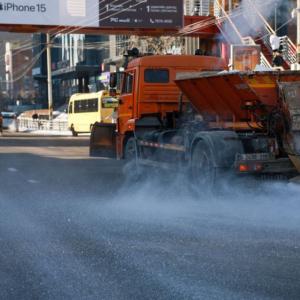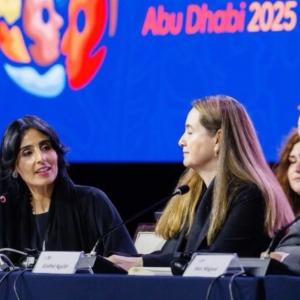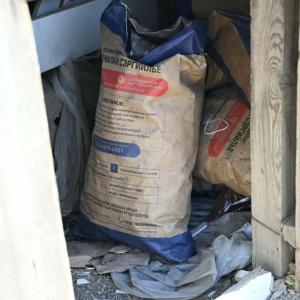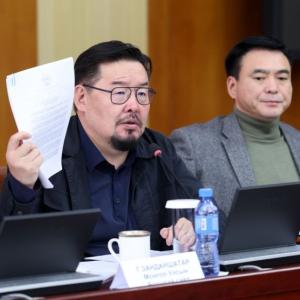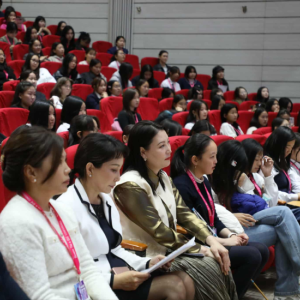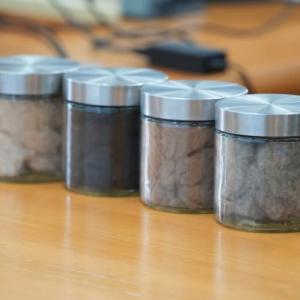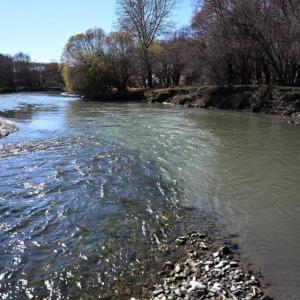Mongolian Students' Life Satisfaction Outperforms Global Average
Society
Ulaanbaatar, December 6, 2023 /MONTSAME/. Mongolia participated in the international PISA 2022 assessment for the first time, and its students reported higher life satisfaction than the global average. While the global average stands at 6.4 and the Asian average at 7, Mongolia scored 7.2.
During the presentation of the Programme for International Student Assessment (PISA) 2022 report on December 5, 2023, Minister of Education and Science L. Enkh-Amgalan underscored Mongolia's performance in the international assessment. "We will thoroughly examine this achievement, as it may be influenced by post-pandemic developments, such as the School Lunch program, the employment of psychologists in schools, and initiatives against youth and peer bullying," the Minister remarked.

According to the PISA 2022 assessment, Mongolia ranked 47th out of 81 countries. Among the six countries participating for the first time, Mongolia secured first place. In mathematics, the average score of the Organisation for Economic Co-operation and Development (OECD) was 472, while the Asian average stood at 451. Mongolia's average mathematics score was 425, 2.3 years behind the international average and 1.2 years behind the Asian standard.
In mathematics, public schools scored 426, while private schools scored 417. In reading, public schools achieved a score of 380, and private schools scored 366. In natural sciences, public schools scored 414, and private schools scored 404. Based on these findings, it was concluded that there is no significant difference between the academic performance of students in public and private schools in Mongolia.

Half of all 15-year-old students in Mongolia do not meet the basic level of mathematics. However, 2.3 percent of all students who took part in the Assessment demonstrated above-average math skills and received top scores.
The PISA assessment reveals an international average score of 476 in reading, with an Asian average of 427. Mongolia, ranking 65th, scored 378 points, falling 5 years behind the global average and 2.5 years behind the Asian average. This assessment measures the capability to read, think critically, and communicate effectively. Two out of three Mongolian children did not meet the basic level of reading, indicating a pressing need for further improvement in this area.
In natural sciences, the international average score is 485, the Asian average score is 449, and Mongolia's average score is 412, ranking 53rd. Science test results showed Mongolia is three years behind the international average and 1.8 years behind the Asian average. One out of two students has not reached the basic level. Regarding student performance in Mongolia, there is little difference between the upper and lower levels.
Mongolia has participated in the PISA for the first time. A sample of 7,300 students from 196 schools across the country took part in a computer-based assessment of math, reading, and science skills. PISA is the OECD's Programme for International Student Assessment. PISA assesses the extent to which 15-year-old students near the end of their compulsory education have acquired the knowledge and skills that are essential for full participation in modern societies. PISA has been conducted triennially since 2000. In 2022, 690,000 15-year-old students from 81 countries participated in the Assessment, undergoing evaluations in reading, mathematics, and science. The 2022 PISA assessment was notable for its emphasis on mathematics as a core skill and the introduction of creative thinking skills as an additional assessment area. The Assessment was conducted from April 11 to May 14, 2022, with Uzbekistan, El Salvador, Jamaica, Palestine, and Mongolia joining the program as new participants.
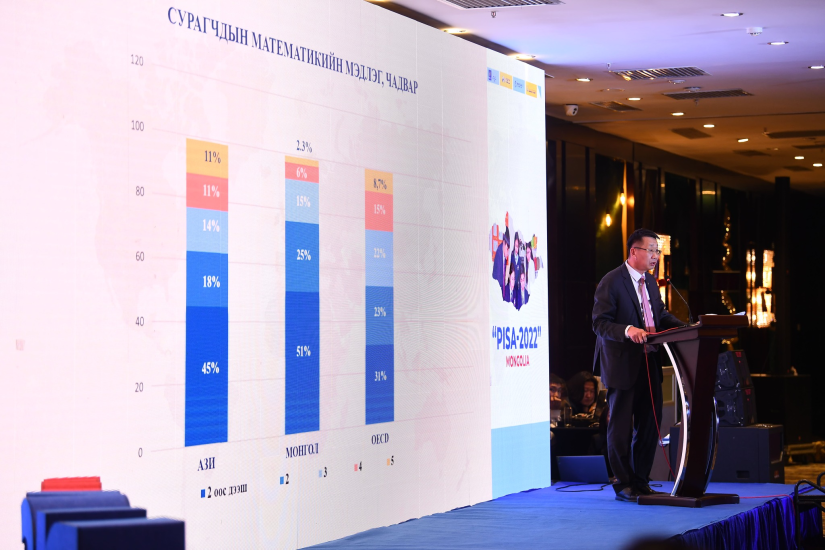
Minister L. Enkh-Amgalan acknowledged that joining PISA was a difficult decision for Mongolia, but expressed pride in the country's successful participation. “It was challenging for our students to be assessed after the post-pandemic learning lag,” he continued.

The Lead Analyst at PISA and Professor in the Sociology Department at the University of New Brunswick, Canada, Lucia Tramonte noted, “For Mongolia, participating in the PISA assessment marks a significant milestone in their educational journey. By taking this assessment, Mongolia will gain valuable insights into its strengths and areas for improvement, allowing for targeted interventions to enhance the quality of education. PISA collects data from multiple levels, including students, teachers, parents, and principals, providing comprehensive information on how well students are mastering general knowledge and skills. PISA's latest assessment focused on mathematics, and Mongolia's math proficiency outperforms Bulgaria's. However, reading skills remain inadequate. Mongolia should prioritize strengthening basic education within its educational system. PISA evaluates the skills of students up to the age of 15, and prioritizing preschool education is crucial. Special attention should be given to the transition between educational levels, and PISA-related data should be utilized for policy development. Enhancing the foundation of the education sector is crucial. PISA results serve as a guiding policy factor for education systems worldwide. While the pandemic has caused a general decline in international performance, Mongolia's performance remains relatively close to the OECD average.”
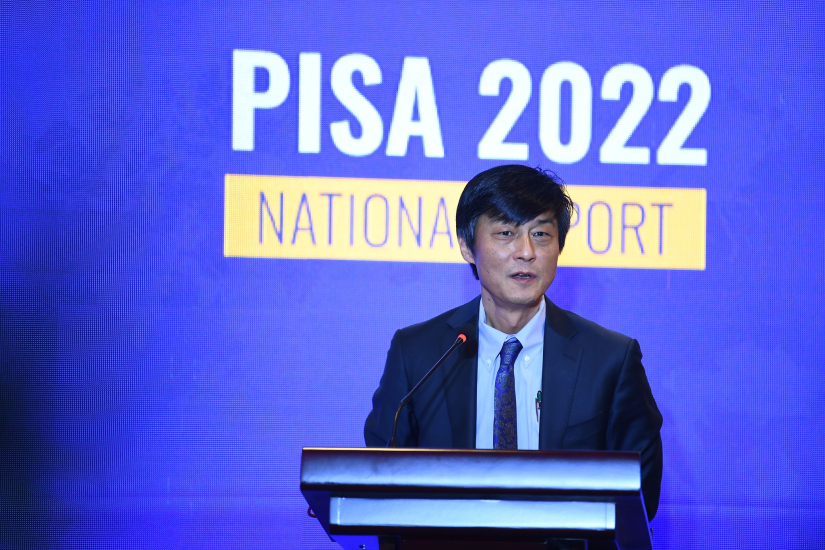
The Country Manager of the World Bank for Mongolia Taehyun Lee said, “Mongolia's future depends on its ability to diversify its economy. As representatives of human capital and future citizens, students participating in the PISA assessment hold the key. Therefore, we propose bolstering Mongolia's competitive edge by harnessing the country's human resources and capabilities. The PISA assessment offers a wealth of opportunities. The assessment results provide not just numerical data but also Mongolia's resources and capacities. Based on these findings, many countries have implemented specific action programs, set ambitious goals, and driven positive change. The World Bank is committed to supporting students in enhancing their reading and math skills.”
 Ulaanbaatar
Ulaanbaatar






